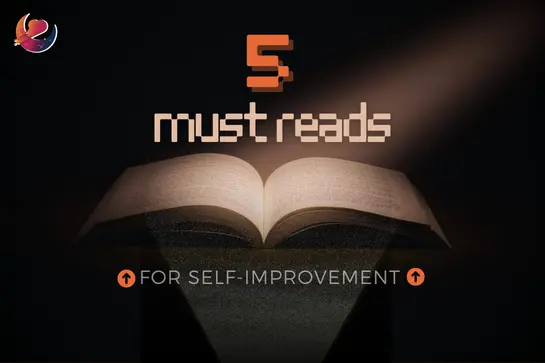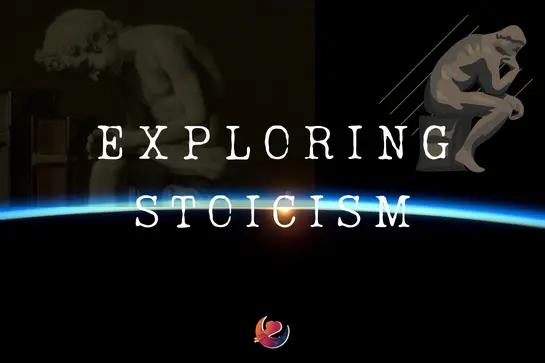By Débora Coutinho | 10th August, 2022
We all have our opinion on certain subjects, which compose the world around us: whether it’s on the environment, politics, or social matters. Especially because of the Internet, we are often confronted with opposite opinions and constantly questioned about our beliefs - a feeling that is uncomfortable. So most of us tend to avoid it, following and listening to those who share the same opinion as we do. But is that really good for us?

🔉 Eco chambers are the result of very human behavior: avoiding discomfort. Whether online or in person, we seek only the people who will agree with us, rather than getting in touch with opposite views. It’s easy to enter a bubble in which our ideas are reinforced repeatedly - thus, an echo chamber.

It’s really easy to be in an echo chamber, but it’s very hard to recognize it, and even harder to challenge it. Think about your feed on social media: how do you react to opposite points of view? And how do you react when you see content that is closer to how you think? What is easier: to analyze others' points of view or to be in touch only with those whose ideas are similar to yours? That’s the point: we tend to create an imaginary world where the difference, even though it is existing, exists outside of that place.
🗣️ The legal scholar Cass Sunstein argues that the constant reinforcement of similar ideas inside of a group moves the people inside of it towards more extreme positions.
The echo chambers can be manifested in many ways: when you only read books whose author thinks the same way as you do, or when you refuse to engage in conversation with people of different opinions. It can happen inside our houses, on college campuses, on social media, etc. It’s the desire to stay “comfortable” that helps us create our bubbles.
Echo Chambers In Social Media 📱
If it’s easy to enter an echo chamber in real life, the internet - especially social media - has made it even easier.
📱 Eli Pariser was one of the first people to raise awareness of the problem of the “filter bubbles”, through his book called “The filter bubble: what the internet is hiding from you”.

The personalized algorithm, the easy clicks to unfriend a person and, right after, to share a post whose content you enjoy, and the pleasing feed are all parts of the constitution of the filter bubbles, which contribute to hardening the echo chambers. However, although the algorithm and the “pleasing feed” do offer some distorted version of reality, it’s us who often create our echo chambers.
👉 For the easy way to block someone and just ignore all the “contrary” to us, we create an online environment where there’s always a “confirmation” of our beliefs - we seek this confirmation bias.
⭐ That’s why, when talking about echo chambers, it’s important to highlight the role that the internet plays in this matter since it greatly helped to worsen the phenomenon and its consequences.
Ways To Get Out Of Your Echo Chamber ✅
Escaping an echo chamber is not an easy task — as it’s been seen, it’s not natural to be uncomfortable, and we try to avoid the feeling. However, ignoring “the other side”, while may seem inoffensive, can make us more extreme in our positions and sensitive to criticism, make us harder to talk to, and just turn the conversation between people extremely aggressive.
Some activities help us to get out of our bubble and listen to other people. We don’t need to agree with them, but in fact, understand them and maybe engage in a conversation — that’s how a society can become more accepting of others and move forward. We can, for example, search for books of authors whose ideologies are different from ours, trying to understand the other side. That can also be done on social media, where we can search for less pre-determined content.
💭 “Go out and meet different types of people. [...] Pick up a different newspaper, pick up The Sun, The Times, The Guardian, The Mail… you might not agree with it, but millions of people do, and it is so important to get their perspective. Keep your eyes and your ears open, because someday you could meet someone or hear an idea that could change your life forever.” — Adam Greenwood
The impact that echo chambers can have on a society is tremendous, and awareness needs to be raised about this problem. You can watch Netflix’s documentary The Social Dilemma (2020) for more information.






Forgot password?
Close message
Subscribe to this blog post's comments through...
Subscribe via email
SubscribeComments
Post a new comment
Comment as a Guest, or login:
Connected as (Logout)
Not displayed publicly.
Comments by IntenseDebate
Reply as a Guest, or login:
Connected as (Logout)
Not displayed publicly.